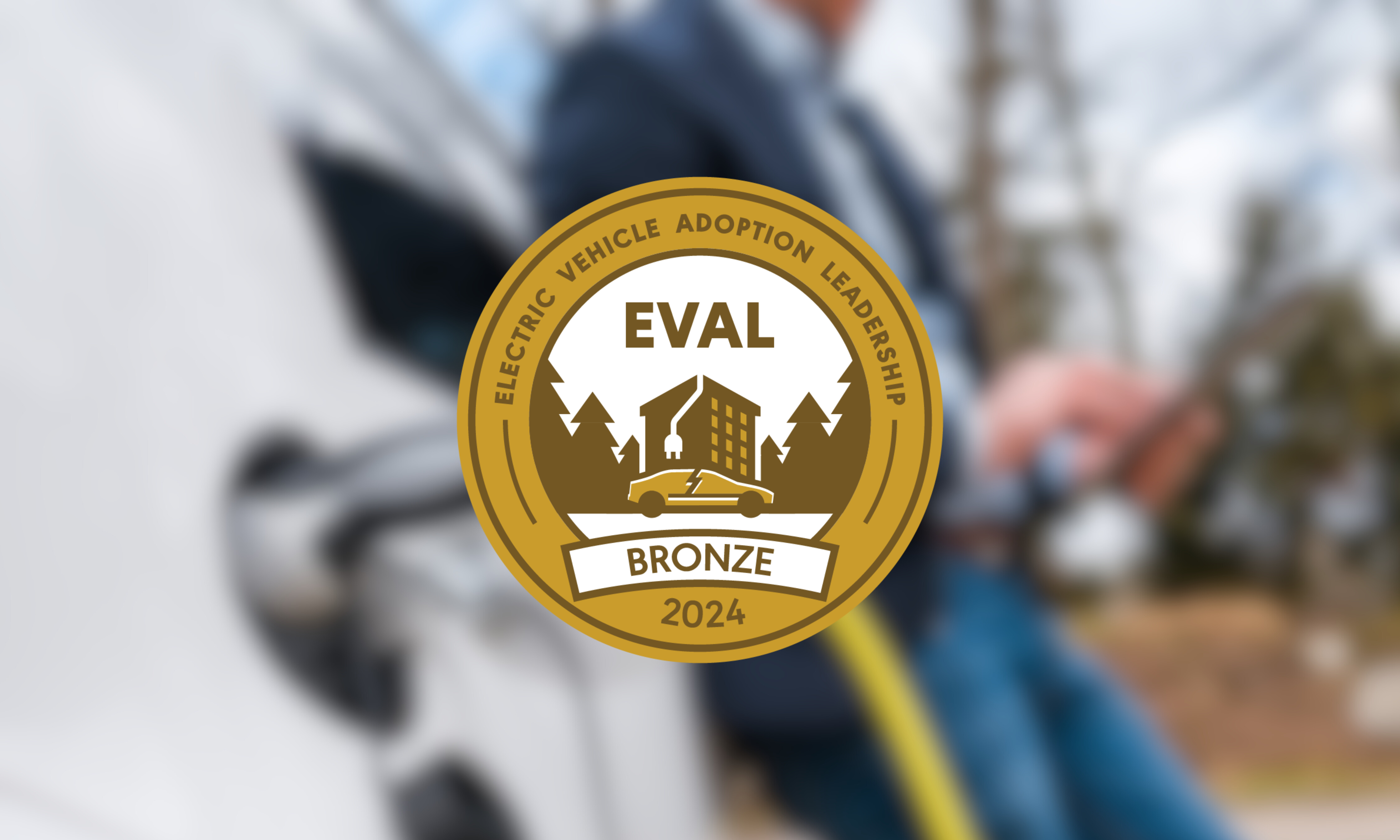Hydrogen fuel cell vehicles (FCVs) are another alternative to internal combustion engine vehicles but are less than half as efficient as electric vehicles (EVs). Most hydrogen is extracted from natural gas, which, when processed, emits carbon dioxide and methane, according to a 2021 study. Thus, it creates far more greenhouse gas emissions than electricity. FCVs have some engineering challenges to overcome before they will be widely available in the light-duty passenger vehicle market; these include vehicle cost, hydrogen cost, hydrogen storage and delivery, and competition with other technologies such as EVs. The electrical grid already exists for plug-in vehicles, and current trends show that plug-in vehicles are quickly becoming the dominant alternative to internal combustion engine vehicles. As of 2021, 10,000 fuel cell vehicles have been sold in the U.S., compared to more than 1.5 million EVs.
By: Gabe Brauer
|
Published: 07.28.2022
What about hydrogen cars?
Related Articles:
By: Ashley Alufohai
|
Published: 04.12.2024
Plug In America earns EV Adoption Leadership (EVAL) Bronze certification
We’re excited to share that Plug In America has achieved EVAL Bronze certification. This certification recognizes our efforts to provide employee EV incentives and our creativity in designing and developing partnerships that advance access to EV charging and zero-emissions transportation. Our goal is to bring much-needed awareness to the importance[…]
By: Plug In America
|
Published: 04.01.2024
Drive Electric Earth Month kicks off today, features 172 events
Throughout April, consumers can find an event near them to test drive electric vehicles and learn more about the EV experience from owners. Events will occur across 39 states, including Hawaii, with additional events in Canada. LOS ANGELES, CA – Drive Electric Earth Month (DEEM), an annual campaign to increase[…]
